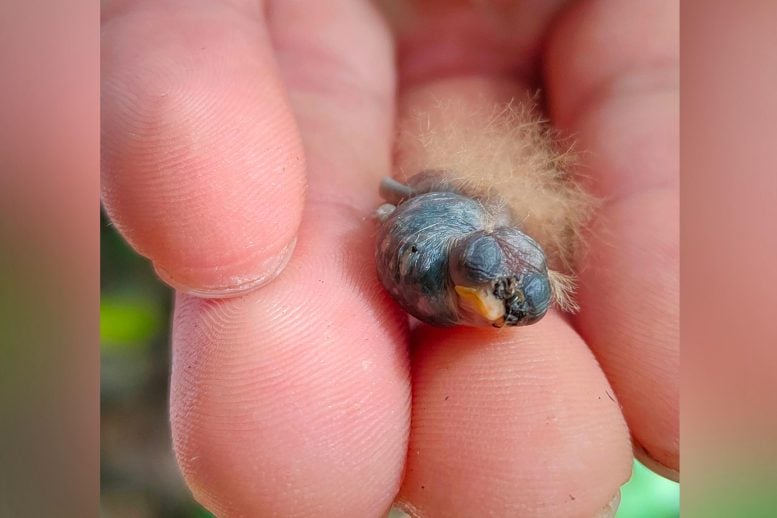Genome editing has advanced at a rapid pace with promising results for treating genetic conditions — but there is always room for improvement. A new paper by investigators from Mass General Brigham published in Nature showcases the power of…
Category: 5. Biology
-

New species of electricity-conducting organism, name it after Tribe
Scientists have identified a novel species of bacteria that acts as electrical wiring, potentially ushering in a new era of bioelectronic devices for use in medicine, industry, food safety, and environmental monitoring and cleanup.
The…
Continue Reading
-

How do you like them apples? Apple genus evolution revealed
A new comparison and analysis of the genomes of species in the genus Malus, which includes the domesticated apple and its wild relatives, revealed the evolutionary relationships among the species and how their genomes have evolved over the past…
Continue Reading
-

New technique expands tissues so hundreds of biomolecules can be seen inside cells
For biologists, seeing is believing. But sometimes biologists have a hard time seeing.
One particularly vexing challenge is seeing all the molecules in an intact tissue sample, down to the level of single cells, simultaneously. Detecting the…
Continue Reading
-

FDA approved anti-inflammatory drug shows promise for treating alcohol use disorder and pain
A preclinical study from scientists at Scripps Research finds that a drug already FDA-approved for treating inflammatory conditions may help reduce both alcohol intake and pain sensitivity-two issues that commonly co-occur with…
Continue Reading
-

Caterpillar or Hummingbird? Bizarre Baby Bird Discovery Stuns Scientists in Panama
A White-necked Jacobin chick may use mimicry or camouflage to avoid predators, resembling a caterpillar with fluffy feathers. Some scientific discoveries take years of research. Others begin with a single curious observation—and, as Jay Falk, a…
Continue Reading
-

Insects are disappearing due to agriculture — and many other drivers, new research reveals
Insects are disappearing at an alarming rate worldwide, but why? Agricultural intensification tops the list of proposed reasons, but there are many other, interconnected drivers that have an impact, according to new research led by Binghamton…
Continue Reading
-

Oil cleanup agents do not impede natural biodegradation
Using spill treating agents to clean up oil spills does not significantly hinder naturally occurring oil biodegradation, according to a new study. The study, published in Applied and Environmental Microbiology, a journal of the American Society…
Continue Reading
-

A sustainable diet leaves room for two chicken breasts a week
We should eat less meat and more legumes, campaigns and dietary advice tell us. But how much is “less”? Researchers from DTU have an answer.
255 grams per week. That’s the short answer to how much meat you can eat without harming the planet. And…
Continue Reading
-

Tackling parasite devastating fish farmers around the world
At the heart of the Amazon researchers are investigating a mysterious parasite which is devastating fish farms around the world.
Parasites called myxozoa infect fish populations with deadly diseases, leading to severe losses in types of fish…
Continue Reading